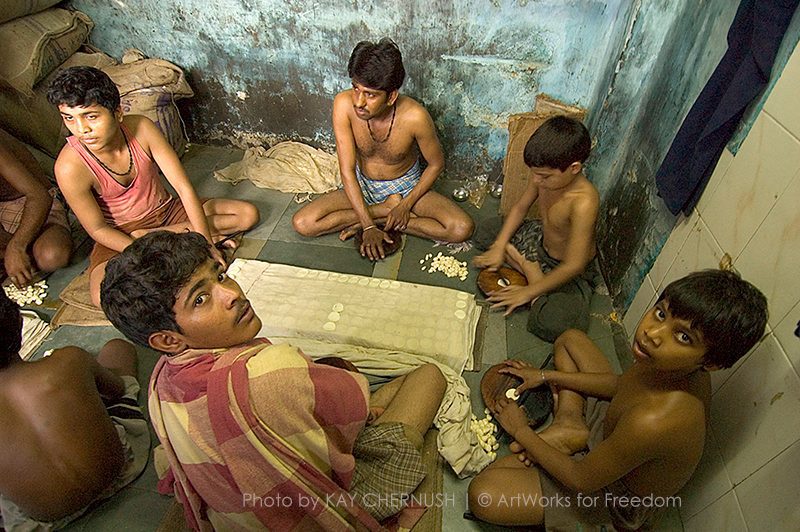The Economics of Human Trafficking: An Intersection of Vulnerability and Exploitation
The role of every article about human trafficking is to provide information with the goal of preventing and destroying the human trafficking market. Human traffickers have a stronghold in most societies because there are a supply of vulnerable persons, the means to exploit these individuals, and a demand for the products and services these vulnerable persons can provide. It is rare that one field of study by itself can adequately define a major social problem or provide efficient solutions. Tackling the root causes of this social issue (and most others) means viewing human trafficking from every vantage point and planning a coordinated attack. Economics may prove to be an effective weapon in the quest to understand and abolish human trafficking.
Economics is the science of choice when dealing with scarcity. In the case of human trafficking, this scarcity (the limited nature of resources available to a person such as time, material and financial resources, safety/security, and information) can lead to vulnerability. The fewer the resources available to a person the greater is the vulnerability.
Human trafficking is a market with an intermediary. The supply of human trafficking victims is made up of persons who have a vulnerability that can be exploited by human traffickers. The human traffickers are the intermediaries in the market that supply the human trafficking victims to those who demand the services or products that the human trafficking victims provide. The human traffickers’ main goal is making money by exploiting vulnerable people. Accounts of the lengths human traffickers will go to make a profit provide details that rival any horror movie.
Unlike the market for human smuggling (which is the voluntary movement of persons), the market for human trafficking is a goods and services market in which human beings are sold to perform a service (labor trafficking or sex trafficking) or as a good (organ trafficking or adoption). These goods and services are in demand by people who may or may not know the extent of the vulnerable persons’ exploitation.
Use your own lens to identify ways to disrupt the market for human trafficking. Educate and protect vulnerable persons. Learn the methods of human traffickers and what to do if you see them being used. Examine areas in your sphere of influence that may involve demand for human trafficking and report the facts to law enforcement.
Dr. Beth Wheaton is a Senior Economics Lecturer and Faculty-in-Residence at Southern Methodist University in Dallas, Texas as well as CEO and Founder of the nonprofit consulting organization Equip the Saints. Her research focuses on the Economics of human rights and child labor.

